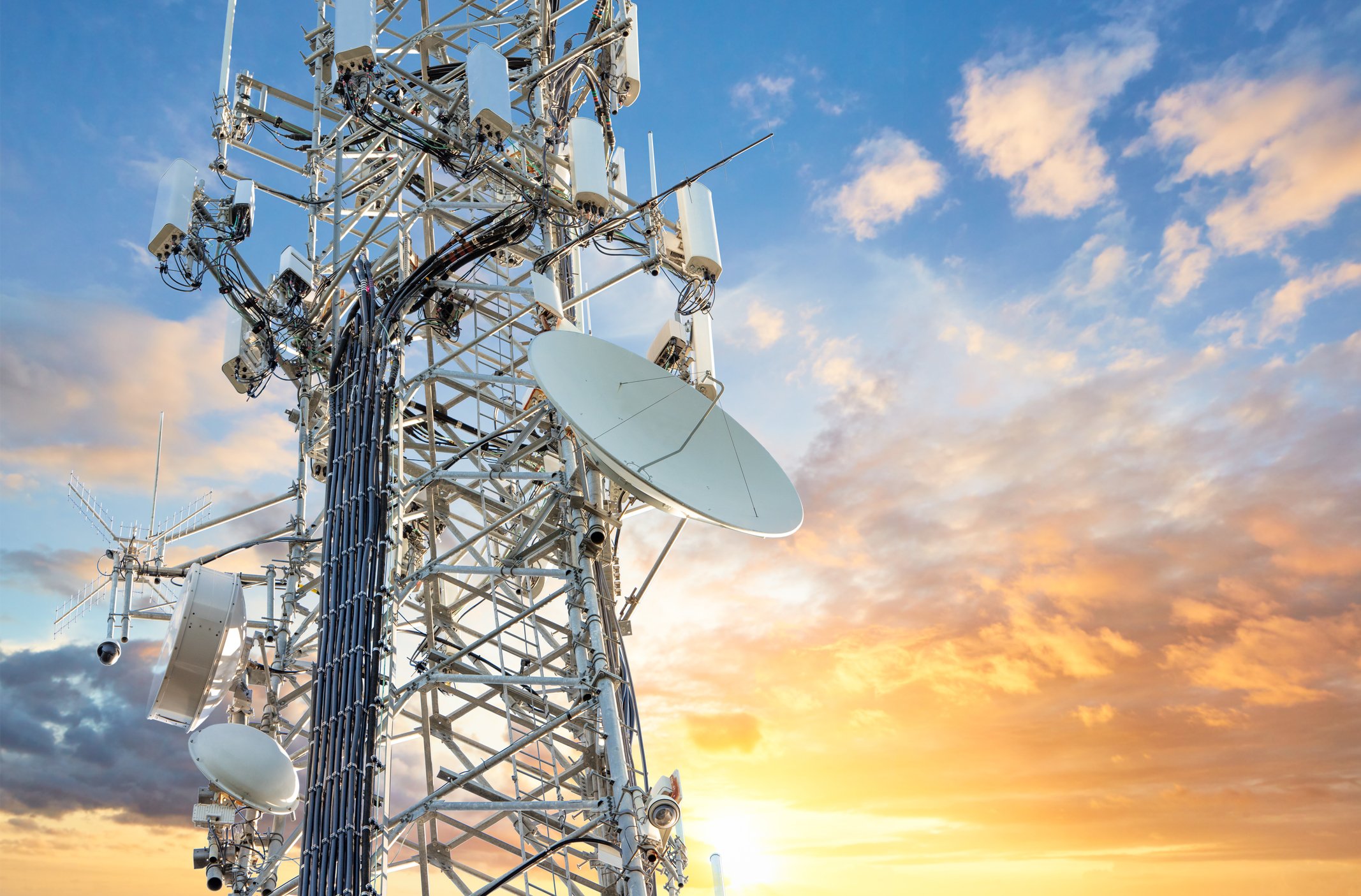We have prepared context and insights about this week’s leading news. The stories are:
- CBN cuts interest rates for the first time since COVID
- Hiridjee tightens hold on Jumia, faces tower fight in Uganda
- South Africa just got chip-blocked
CBN cuts interest rates for the first time since COVID
For the first time since COVID-19 locked us indoors, Nigeria’s Central Bank has cut its interest rates, nudging the Monetary Policy Rate (MPR) down to 27% from 27.50%.
Why now? Inflation has been slowing for five straight months, hitting 20.12% in August (still high, but at least moving in the right direction). The naira’s also showing some muscle, thanks to fatter foreign reserves—$43 billion in September, up from just $14.5 billion in July. That’s an increase Governor Cardoso will happily take credit for.
The rate cut signals the end of Governor Yemi Cardoso’s “tighten till it hurts” era, as Nigeria’s economy grew 4.23% in Q2 on the back of oil and non-oil gains. The idea now is to keep inflation trending downwards without choking off growth.
Still, this isn’t a free pass to pop champagne. Extra cash from higher government revenues could flood the system and stir up price pressures again. Governor Cardoso and his team know they’ll need to keep one eye on inflation, the other on growth, and maybe a third on the naira’s mood swings.
If inflation keeps sliding and oil output stays steady, the rate cut could look like a smart recalibration. If not, the CBN might have to reverse course faster than a Lagos danfo dodging traffic.
Hiridjee tightens hold on Jumia, faces tower fight in Uganda
Billionaire Hassanein Hiridjee isn’t picking one fight; he’s juggling two. In Uganda, TowerCo of Africa, his tower outfit, is embroiled in a shareholder dispute after being accused of staging a shady takeover of local rival Ubuntu Towers. The case is already thick with court injunctions, undervaluation claims, and the classic “you stole my company” drama.
Ubuntu, started in 2019 by three Ugandan founders, was pitched as the homegrown answer to foreign giants like American Tower and Helios. It promised cheaper prices, wider rural coverage, and a local face for telecom infrastructure. By 2023, it had morphed into TowerCo, now 90% owned by Hiridjee’s TowerCo of Africa. The original founders? They say the deal was more of a hijack than a handshake.
But Hiridjee isn’t just tower-wrangling. Over at Jumia, he’s quietly tightening his grip. Through Axian Telecom, he already holds nearly 10% of the NYSE-listed company and pushed for a board seat in August. Word on the street: Axian has lined up $600 million for a possible takeover bid, which could see Jumia delisted and folded firmly into Hiridjee’s empire.
Put the two together, and you see the strategy: own the infrastructure and the marketplace. For Jumia, that could mean fresh cash and telecom synergies. For critics, it raises the same old question: are Africa’s biggest digital players just trading one form of “foreign” dominance for another?
South Africa just got chip-blocked
Taiwan has pulled the plug on easy chip exports to South Africa, slapping pre-approval rules on sales of semiconductors. The reason? Pretoria tried to downgrade Taiwan’s office in the capital and shove it off to Johannesburg, basically bowing to pressure from Beijing.
That didn’t sit well in Taipei. Taiwan, which makes up to 70% of the world’s chips, flexed its economic muscle in response. “Mess with our sovereignty, mess with your supply chains,” was the vibe.
For South Africa, the timing stings. With a G20 summit coming up in November and Xi Jinping expected in town, the government is clearly playing to please China. But the move could cost Pretoria more than just goodwill. Chips power everything from cars to AI, and Taiwan’s grip on the industry makes this a big deal.
Now, South Africa risks not just a chip squeeze but also fresh heat from Washington, where lawmakers are already pushing sanctions over Pretoria’s coziness with Beijing. One office move, and suddenly South Africa’s tech and diplomatic future is caught in a crossfire between Taipei, Beijing, and Washington.
By the Numbers
70%
By mid-2025, 70% of all ChatGPT conversations were non-work-related, up from 53% the previous year, while only 30% were work-related, according to a recent OpenAI report.
Get passive updates on African tech & startups
View and choose the stories to interact with on our WhatsApp Channel
Explore




